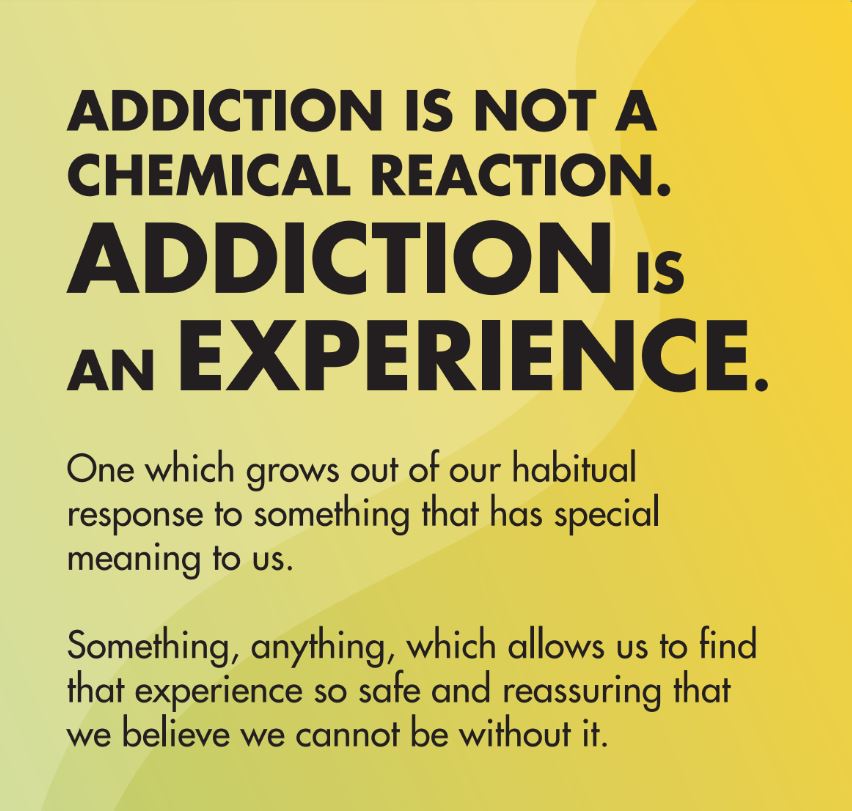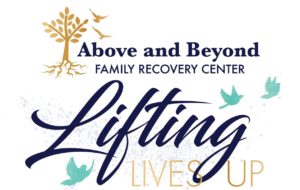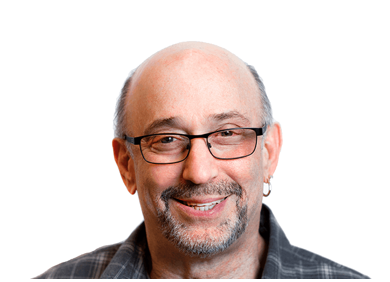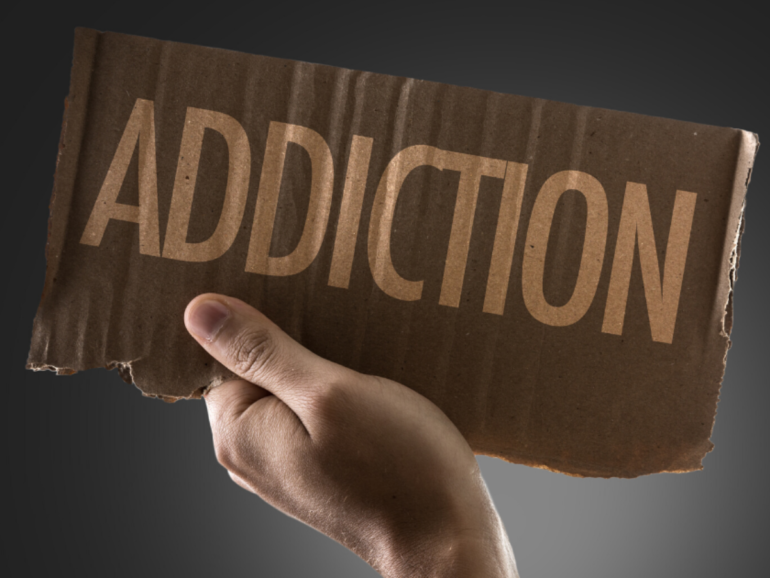At Above and Beyond Family Recovery Center, we believe addiction to be only a symptom of deeper, underlying psychological problems. Addiction is a poor, temporary relief-delivering reaction.
By contrast, the great majority of people in America still believe that addictions are based on a chronic brain-based disease that leads to a loss of control and the inability to make rational choices, meaning that the only course of action is rigid, life-long abstinence. You’re either in or you’re out, with no gray area in between and, many times, with no bridge from one to the other. This outdated, dysfunctional model is behind the headlines of the very public collapse of our decades-long “war on drugs” that has been proven to produce more problems than it solves.
I have heard these statements thousands of times: “Addicts think they can stop, but that’s part of their denial; they really can’t.” However, when researchers collected evidence of how/why addicts made the choice to stop, they got feedback like this: “I did not want to hurt myself physically;” “I wanted to be a better role model for my children;” “it was costing too much money;” “the group of people I like to socialize with don’t smoke;” and “it became too much of a hassle because there was less and less places where I could smoke on a daily basis.”
In fact, current scientific research supports a very different explanation for the origins of addictive behaviors, and what would make the best treatment. Remember, addictive behavior does not have to revolve around the use of chemicals/substances; it can also be highly destructive/compulsive patterns of behaviors in such areas of gambling, sexuality, spending, relationships, computer games and overeating.

The two major pieces of this radically different way of looking at addictive behaviors. They are:
1. Harm reduction
Based on treating individuals with respect, compassion, and the belief that individuals never lose the ability to make healthy life choices if supported and helped to develop their life skills to live a healthy and balanced lifestyle.
2. You never get addicted to a chemical, you get addicted to the “experience.”
This is what we practice at Above and Beyond; instead of looking at addicts as diseased, out-of-control people who have lost the ability to slow down, moderate, or completely stop their addictive choices, we look at them as capable people who have the ability to change and make healthier choices, no matter what mistakes they have made in the past.

These are some of the founding principles that Above and Beyond Family Recovery Center has built its clinical protocol around. We are Chicago’s only free walk-in facility, and all of our services are entirely free: we never charge our patients. Add to the mix a chance to uncover life’s purpose and meaning while learning to love yourself, and you’ve got an evidence-based model that delivers positive outcomes, in contrast to the standard, addiction-industry model that is failing the very people it is promising to help.
We invite the readers of this article to step into our world and allow us to show you how something so ugly and deadly as addiction can be rendered powerless, and can reveal the beauty of sustained recovery. We encourage you to pick up the phone (773.940.2960), or simply stop by our facility in Chicago while we have your attention. Don’t wait. We say this all the time to our patients, “do it now”!


Terry London, M.S., is the Assistant Director of the Chicago Institute for Rational-Emotive Behavior Therapy (R.E.B.T.), and Clinical Therapist at Above and Beyond Family Recovery Center. He is considered a pioneer at developing the educational approach Rational-Emotive Behavior Education, or R.E.B.E., which is based on R.E.B.T. He is the author of seven books on the topic of R.E.B.T./R.E.B.E. written for both professionals and non-professionals seeking information to improve their emotional and behavioral management. He is both a licensed R.E.B.T. practitioner and clinical supervisor through the Albert Ellis Institute located in New York City. For over thirty-two years, he has been teaching graduate courses and presenting workshops, disseminating R.E.B.T./R.E.B.E. information and training to many diverse professionals in different fields. He is currently an adjunct instructor through Saint Xavier University of Chicago.

